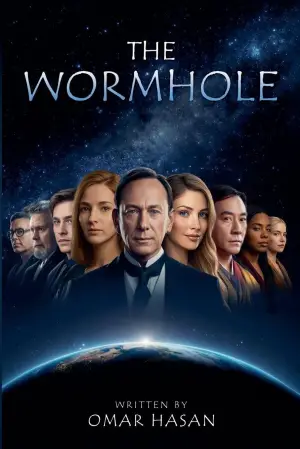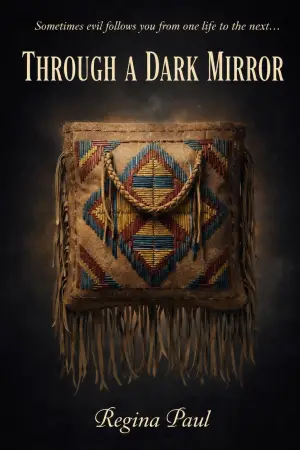I recently finished Lawrence Wright’s gripping novel, where the intertwining lives of characters from two vastly different cultures create an impactful narrative. As a reader with a keen interest in historical thrillers, I was drawn to this book not only for its genre but also for the author’s previous works, which have often explored complex themes with depth and sensitivity. The promise of a fierce exploration of the Israeli-Palestinian conflict piqued my curiosity, and I was eager to see how Wright would weave a tale of intrigue and betrayal.
The story presents Tony Malik, a Palestinian-American FBI agent who becomes embroiled in a murder investigation in Gaza. Wright does a phenomenal job of portraying Malik’s complex character, underscored by a deep-rooted connection to his Palestinian heritage, which unfolds against the backdrop of the tumultuous landscape of the region. As he grapples with personal turmoil—relationship issues and career uncertainty—his journey to the West Bank for his niece’s wedding quickly turns into much more than just a family visit.
The strength of the novel lies in its characters and their development. Malik’s partnership with Yossi Ben-Gal, a hardline Israeli cop, evolves from mutual distrust into a fragile alliance, reflecting the broader complexities of the conflict. Readers, like Michael, appreciated how Wright “mercilessly” exposed the reality of the Israeli-Palestinian turmoil, illustrating how both sides are trapped in a cycle of violence. The depth with which Wright explores each character’s motivations adds layers to the narrative, making it both compelling and unsettling.
However, many readers, including Joseph R. Masih, have pointed out that it is not a feel-good book; the constant reminders of tragedy and the bleakness of the conflict weigh heavily throughout the story. This somber tone may leave some readers feeling disheartened.
Wright’s elaborate detailing and rich character portrayals provide a comprehensive view of a conflicted region. Marianne Kay notes the historical intricacies woven into the narrative, revealing each group’s claim to the land. Yet, I found that the multitude of characters and their complex backstories sometimes slowed the plot’s momentum. While I appreciate detailed storytelling, balancing historical context with pacing is essential for maintaining reader engagement.
One of the significant drawbacks, highlighted by other reviews, relates to some ambiguous scenes in the narrative that lack clear explanations. As mentioned by Masih, certain plot points could use more clarity for the sake of cohesion. While the twists in the story are believable, the effectiveness of a tight narrative structure can enhance reader understanding and enjoyment.
In terms of the book’s themes, Wright’s exploration transcends mere storytelling; it dives into the painful experiences of displaced communities and the existential crises faced by individuals like Malik. The author’s ability to humanize the conflict, steering away from black-and-white portrayals, is commendable. It impressed me how Wright refrained from moralizing; instead, he sheds light on the raw emotions and fractured lives within this intractable conflict.
In conclusion, this novel is a thought-provoking, if somber, journey into the heart of a polarizing and tragic subject matter. If you are seeking an engaging read that challenges your perspectives and provides a nuanced understanding of the Israeli-Palestinian conflict, I highly recommend it. Despite a few pacing issues and ambiguous scenes, the richness of the characters and the depth of the story left a profound impact on me. Wright’s book is not just a thriller—it’s a powerful commentary on the enduring nature of conflict, filled with human complexity. Expect to walk away with more questions than answers, and perhaps, that’s the beauty of it.








